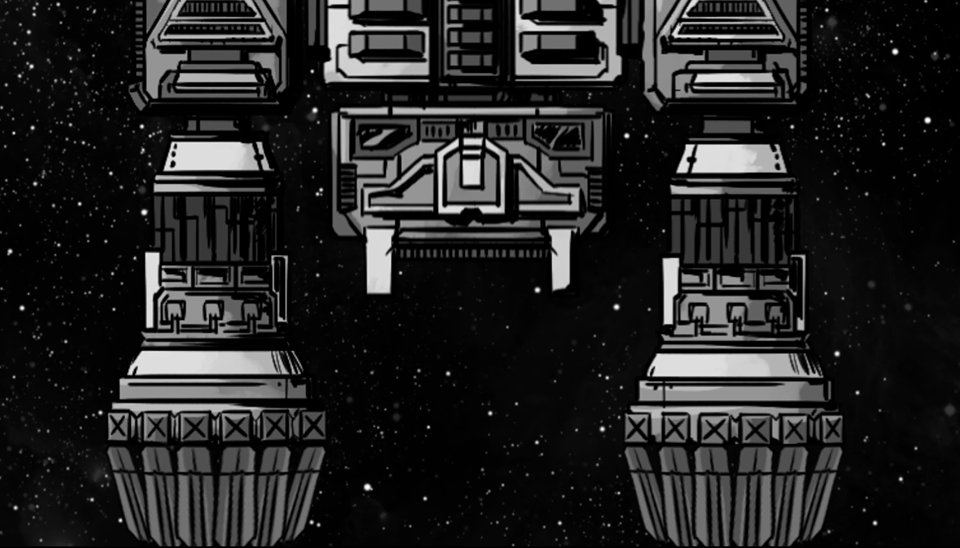When people discuss the potential applications of quantum computing, the top contenders invariably include molecular simulation, machine learning, financial modeling, and optimization. However, researchers are looking into possible applications in various other areas. In this article, we’ll give a brief overview of some of these lesser-known applications, including gaming, music, imaging, and a quantum dictionary. Here, we’ll look at Quantum Applications that might be more off the beaten track.
Quantum Applications
Quantum Gaming
According to the Smithsonian’s “Video Game History,” early video games accomplished two major goals. First, they helped general audiences understand what these new marvels were capable of. And second, they helped programmers push the envelope, testing their capabilities.
Does that sound familiar? Quantum computers are hard for general audiences to understand, plus we’re still in the early stages of determining what they might someday be capable of. Consequently, there is a thriving quantum gaming niche. As a counterpart to the Smithsonian’s article, check out “The History of Games for Quantum Computers” by Dr. James Wootton, a now-20-minute read first published on March 1, 2018. Dr. Wootton developed the first known quantum game and gave talks about quantum gaming.

Not everyone wants to start their quantum journey by reading a textbook. For them, games are a great option. Whether it is playing a game like Quantum Odyssey, a gamified tutorial like we have in the Qiskit textbook, or hacking out a simple game of their own in a jam. And perhaps, through these educational explorations, we’ll see the beginning of how quantum computers could be used in commercial games in the future. My bet for that is on procedural generation.
Dr. James Wootton, the Dungeon Master of Quantum Gaming
Quantum Music
Musicians began using computers to generate sounds long before they were used for much else and before they resembled anything like the digital computers of the past few decades. Remember how early computers were programmed using punch cards? Think back before then to when special pianos essentially had punch cards rolled up inside and entertained people with pre-programmed songs. Keeping that in mind, it is unsurprising that quantum computers are being used to compose music.
The foundational paper is “Quantum Computer Music: Foundations and Initial Experiments” by Eduardo R. Miranda and Suchitra T. Basak. The first ever symposium on the topic was held at the end of 2021. Furthermore, Prof. Miranda is currently editing a book entitled “Quantum Computer Music.” It is a collection of works by emerging pioneers in the field; publication is planned for the Summer of 2022.
People hardly ever realize that musicians have been using computers since the first relay and vacuum tube mainframes were built in the 1950s, far before many of the applications we take computers for granted nowadays. Today it is impossible to think about the music industry without the role of computing technology in some capacity. It is a no brainer: quantum computers will impact the music industry in years to come. It is not only about speed, optimisation and number crunching, but also about different approaches to creativity.
Prof. Eduardo R. Miranda
Quantum Imaging
Due to the state of quantum computers today, the notion of “quantum image processing” might make one expect to find little more than the manipulation of images with just a handful of black-and-white pixels. And while the applications today are, in fact, quite limited, the algorithms themselves are not. There are, of course, simple algorithms for rotating simple images and inversing their colors. But, there are surprisingly well-developed algorithms for such things as quantum watermarks and secure video.
To learn more about using quantum entanglement to store patterns, check out “Processing Images in Entangled Quantum Systems” by S.E. Venegas-Andraca and J.L. Ball. For more about the research needed to advanced the field further, check out “Toward Implementing Efficient Image Processing Algorithms on Quantum Computers” by Fei Yan, Salvador E. Venegas-Andraca, and Kaoru Hirota. Most importantly, I highly recommend the book “Quantum Image Processing” by Fei Yan and Salvador E. Venegas-Andraca.
Quantum image processing, a unique blend of quantum science and engineering, is likely to be a key component of next-generation killer apps in quantum computation.
Prof. Salvador E. Venegas-Andraca
Quantum Dictionary
As quantum algorithms mature into quantum applications, it’s logical to assume we’ll someday need quantum data structures. A quantum dictionary encodes a function through an entangled key/value pair, and there has even been additional work into encoding compositions of functions. But, that’s still just a start. One needs only to consider how much further along classical data structures are to see the upside potential here.
The key paper for quantum dictionaries is “Foundational Patterns for Efficient Quantum Computing.” You can also read more about them in an article format: “Combining The Power of Phase Estimation and Grover Search To Implement A Quantum Dictionary.”

Encoding functions using two quantum registers entangled in such a way that when measured, they contain a pair of an input and the corresponding output of a function, or key/value pair in the parlance of dictionaries.
Dr. Constantin Gonciulea

